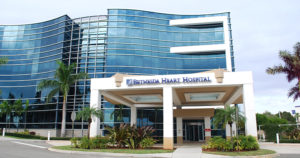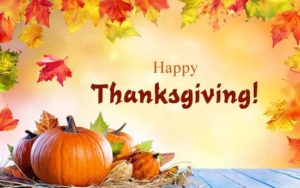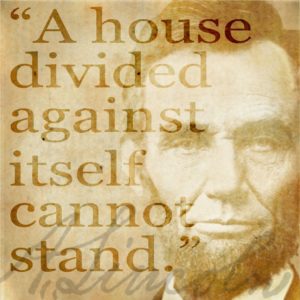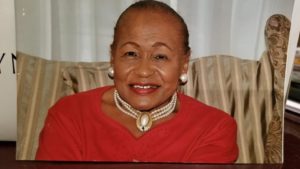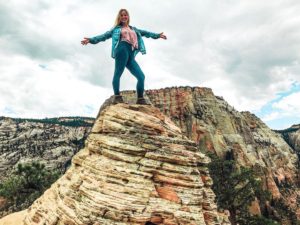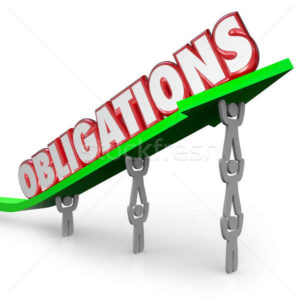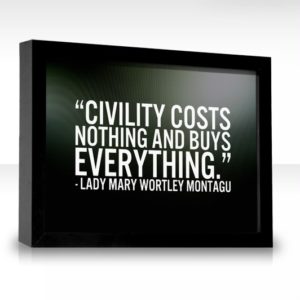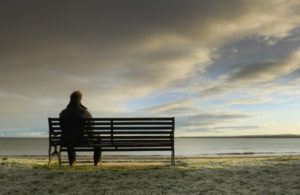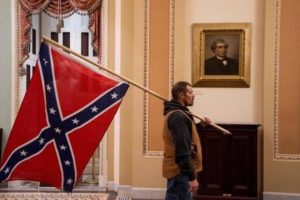
This is not America….
A little piece of you,
the little peace in me,
will die. For this is not America.
Snowman melting from the inside
Falcon spirals to,
the ground
(this could be the biggest sky)
So bloody red, tomorrow’s clouds—David Bowie
In my heart, America has always represented a glorious destination.
America was the land of milk and honey. The place/ideal where my grandparents risked it all to come so that my parents and their children and grandchildren could have an limitless future—free from violence and hatred.
Free….that was the operative word.
Free to be safe.
Free to pursue dreams.
But not free of obligations.
In my heart, Americans are called to build community.
We have an obligation to take care of our own.
We have to pay our civic rent.
It cannot be all about us and our needs and beliefs or we will cease to exist.
Last week, we saw visual evidence of what many of us have long suspected. The Promised Land is breaking. The dream that is America is slipping through our hands.
We need to wake up because we are coming apart at the seams.
Here’s the state of our union.
–The pandemic is raging.
Real people are dying and our health care system is buckling under the weight of cases.
—We are struggling to distribute a vaccine—and people are suffering and dying as a result.
–We couldn’t secure our own seat of government.
—It took us half a year to pass a stimulus bill (that both sides wanted) while people suffered, businesses closed, families were evicted etc.
The bill our feckless Congress finally passed is deeply flawed. I know people who got $600 who don’t need it and I know people who need more help. You would think we’d be able to figure out how to target aid so that ‘we the people’ get the most for our buck. Or in this case–$900 billion.
–We can’t agree on election results—the very table stakes of Democracy.
We can’t even have an orderly or peaceful transfer of power after an election that wasn’t particularly close as Mitch McConnell noted on the Senate floor.
A significant number of us deny climate change even as we see the seas rise, wildfires rage and 100 hundred year storms batter us multiple times every year.
Nearly 400,000 people have died from Covid and yet when I scroll through my Facebook feed people I know are calling it a hoax, a bad flu, a government conspiracy and a plot to take our freedoms away.
This lunacy takes a toll on those of us who respect scientists, respect election officials (my goodness Wendy Sartory Link did a great job in Palm Beach County), feel deeply for families who have lost loved ones to a deadly virus and revere those front line health care workers who are true heroes.
Our beautiful country is in peril.
Russian hackers looted our computer systems, put bounties on the heads of our soldiers and have bullied our allies.
China is run by an autocratic dictator who is brutalizing Hong Kong, stealing our intellectual property, locking up dissidents and loaning money to needy countries in an effort to make them beholden to Beijing.
Iran and North Korea are threats to Americans and our allies. And the list goes on.
Here at home, Florida is a Covid tinderbox.
Small businesses have been ravaged—each empty store front comes with a story of a dream dashed, livelihoods lost and a part of the fabric of our community lost.
It takes a toll. The death and division weighs heavy on us all.
Crises—whether they affect families, businesses, communities or nations– can either bind you together or drive you apart.
In the wake of the assault on the Capitol, a friend reminded me that on 9/12—a day after we were attacked by terrorists— we were all Patriots united in our resolve to love and protect each other. Sadly, over time that feeling dissipated.
The events of January 6 could have a similar galvanizing impact or the moment could be lost. But so far, we have retreated to our respective “sides.” It’s shameful.
The real challenge will be maintaining these United States. The real challenge will be finding a way to live together and serve our nation’s needs of which there are many.
To date, a productive way forward is eluding us and if we don’t figure this out, we will pay the heaviest of prices—we already are.
It’s time to wake up America.
We don’t have to agree. Let’s face it, we will never agree. But we do have to agree to live together peacefully and mind the guardrails or we will lose it all.
Disagreement over philosophy is one thing, but what is most worrisome is we are walking around with our own set of facts. I don’t see how that works.
As Daniel Moynihan once said: “you are entitled to your opinion, but you are not entitled to your own facts.”
Somehow we have to find our way through this fog.
We have to get to work on rebuilding the broken Promised Land.
The issues loom large.
Racism remains a sickening and very real problem.
You may not think Covid is real, great have at it.
But if there was some kind of conspiracy nobody told me about it as I was confined to a hospital bed for 39 days so sick that I was unable to lift my head. And I’m doubtful that 370K Americans agreed to die to make a hoax look real. Come on.
As kids, when we played sports, occasionally we thought the refs blew a call and we lost the game. Our parents told us to question the refs and protest respectfully. But if the referee stood by the call we were also taught to shake our opponents hands, congratulate them and wish them well. We’ll compete in the next contest. “We’ll get you next time” sure beats burning down the stadium.
As for the election…Mitch was right it wasn’t all that close. In our system, the states call the shots and if you don’t like the verdict you can go to court. But you better have evidence—allegations aren’t enough. If you fail in court, that’s it.
We don’t want Congress overturning elections. We don’t want to insurrectionists storming the seat of government. This is not America, because if it is, we’re done.
Two thoughts went through my mind as I watched through tears the scenes from Washington D.C. last week.
I thought of 9/11 and I thought of when Jerrod Miller was shot and killed in Delray.
As many of you know, many of the 9/11 terrorists were living and training in Delray. It was a stunning revelation that added to the shock of the tragedy.
I was a City Commissioner at the time and I remember hearing from neighbors who were stunned and hurt that these monsters lived among us. I remember how we gathered as a community at Old School Square and the Community Center to pray, grieve and console one another. We were unified.
When Jerrod Miller, a 15 year-old, was killed in February 2005, we experienced anger and a level of sadness I could never adequately describe. But we came together, we tried to heal. We consciously fought our emotions to save what was good about our community and resolve to work on what was broken.
The truth is we were hard at work on race relations before the shooting—people were engaged and involved. After the shooting, we doubled down on those efforts. We went to church—together. We met in living rooms and held each other’s hands. That’s impossible in a pandemic, but we should be able to figure out how to draw each other closer—especially now.
We must find a way at every level of our society to re-engage, re-connect and remember who we are.
We remain a glorious destination. Now we have to find a way to get there together.
